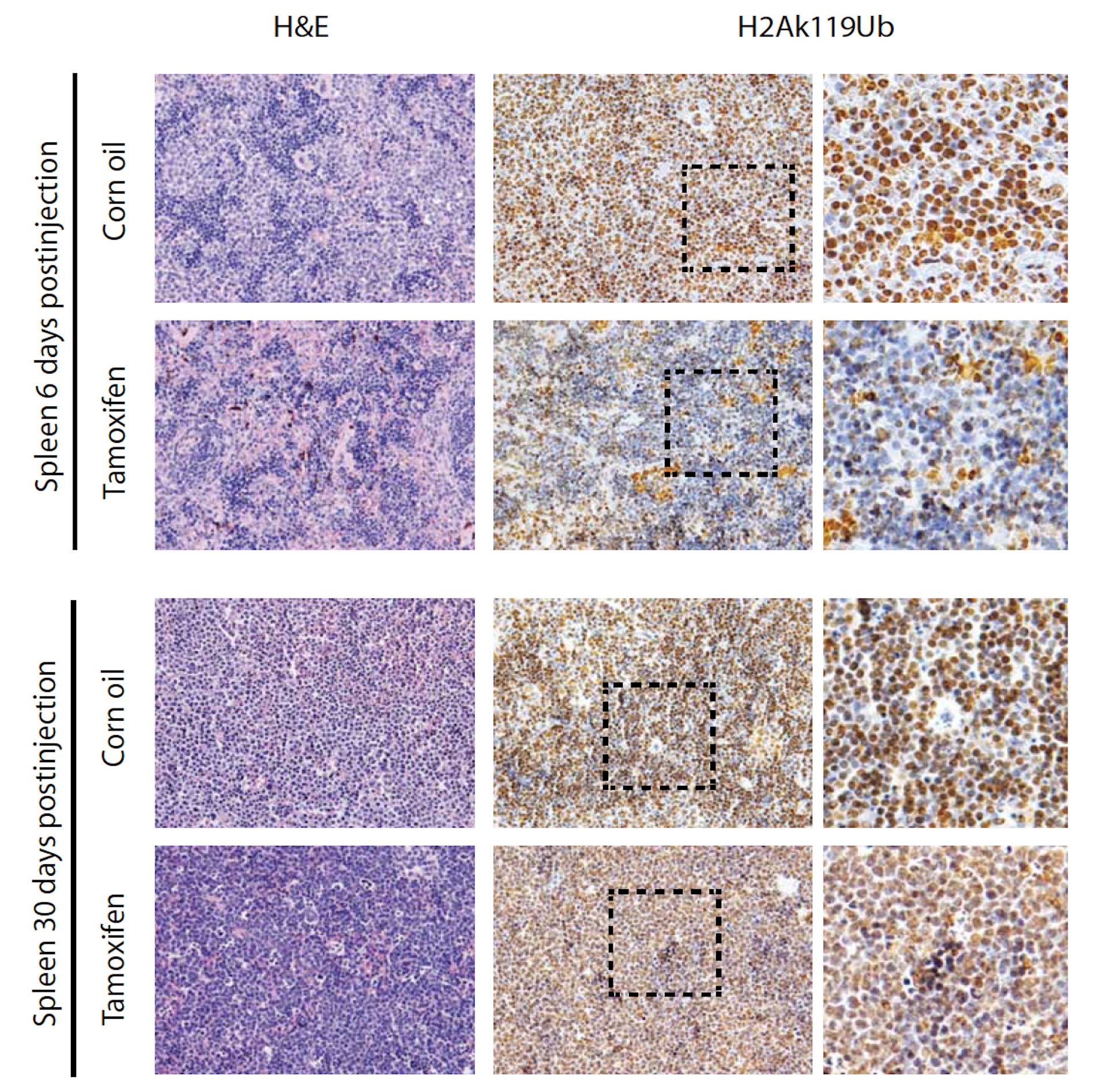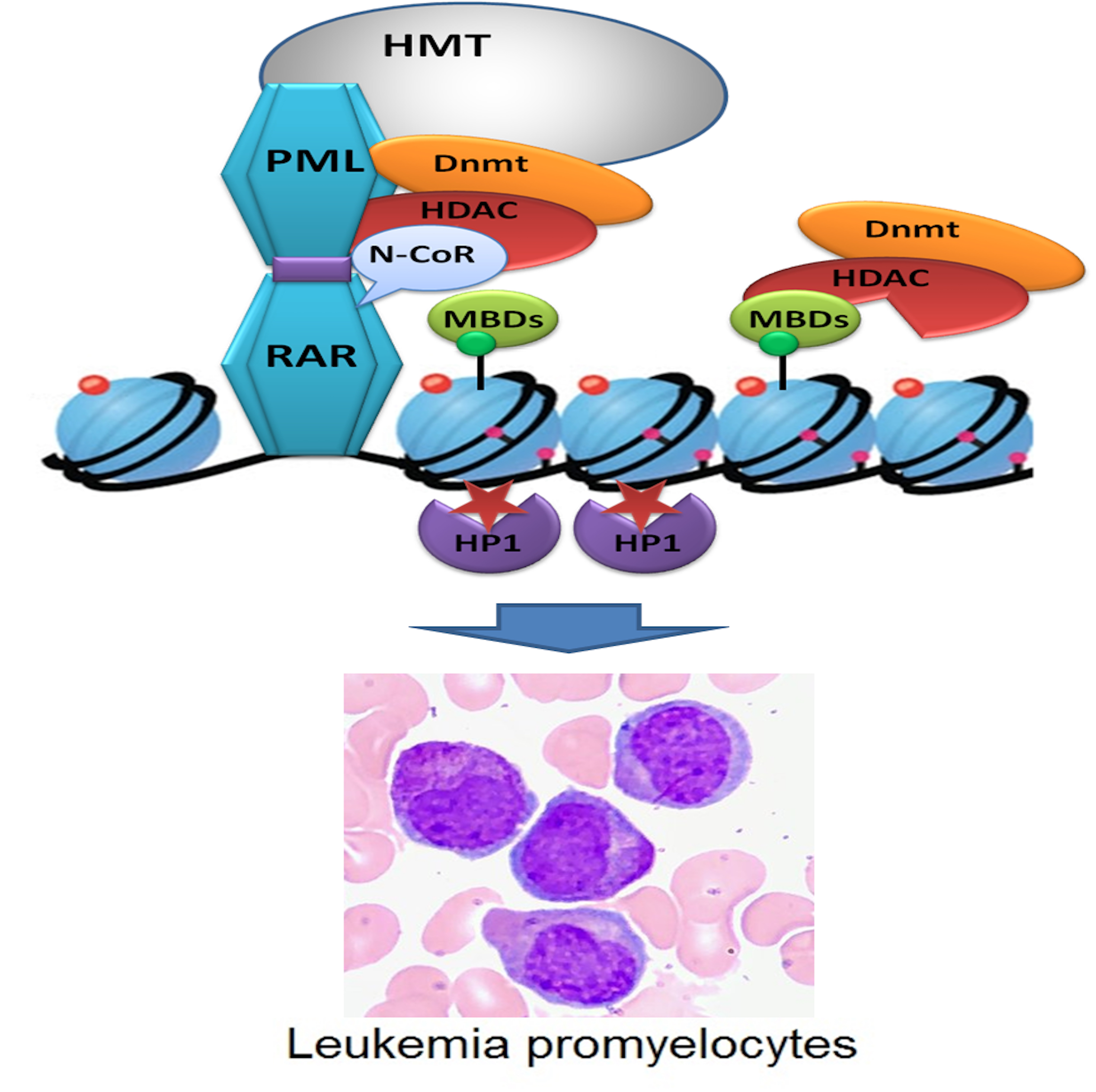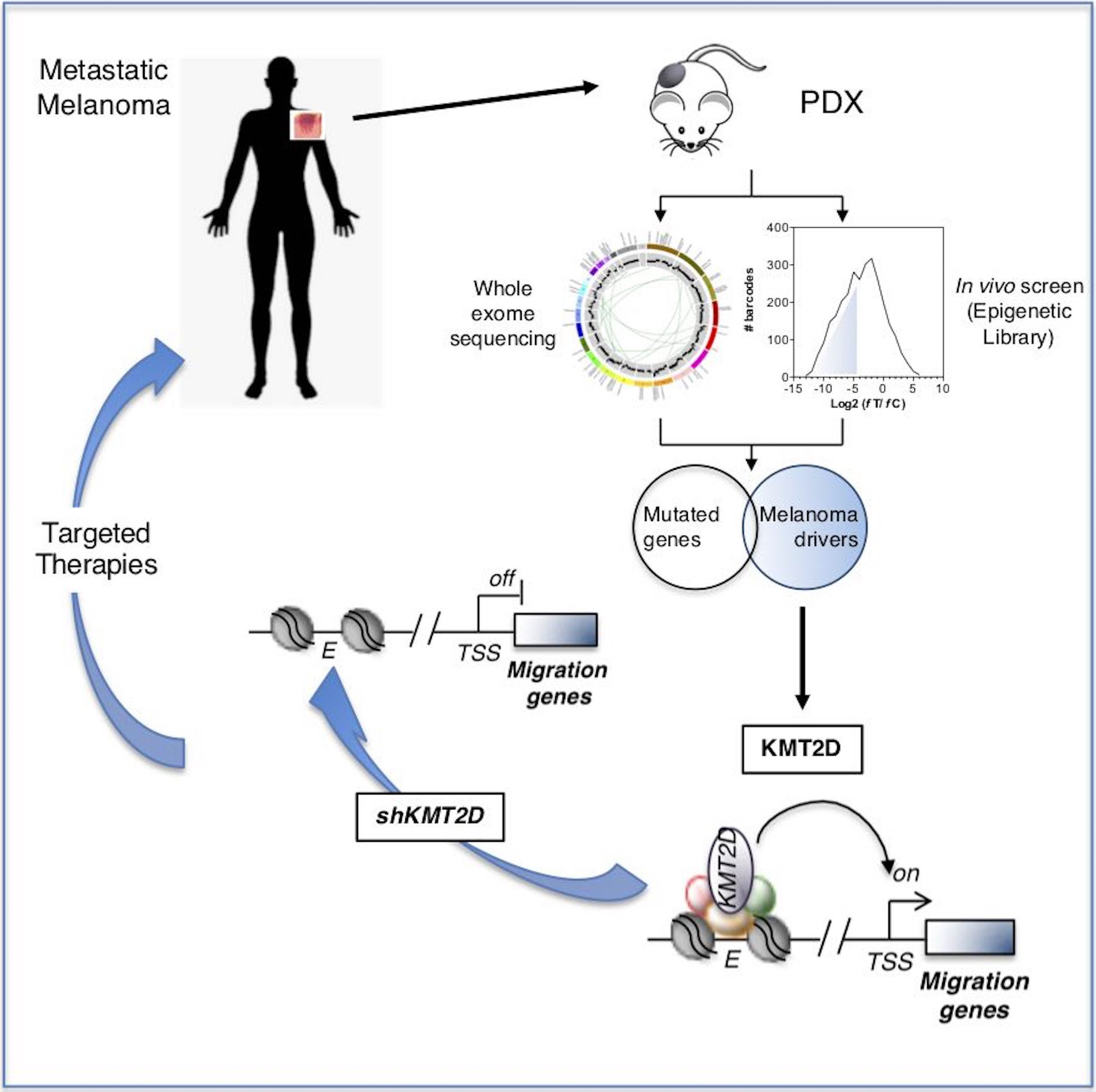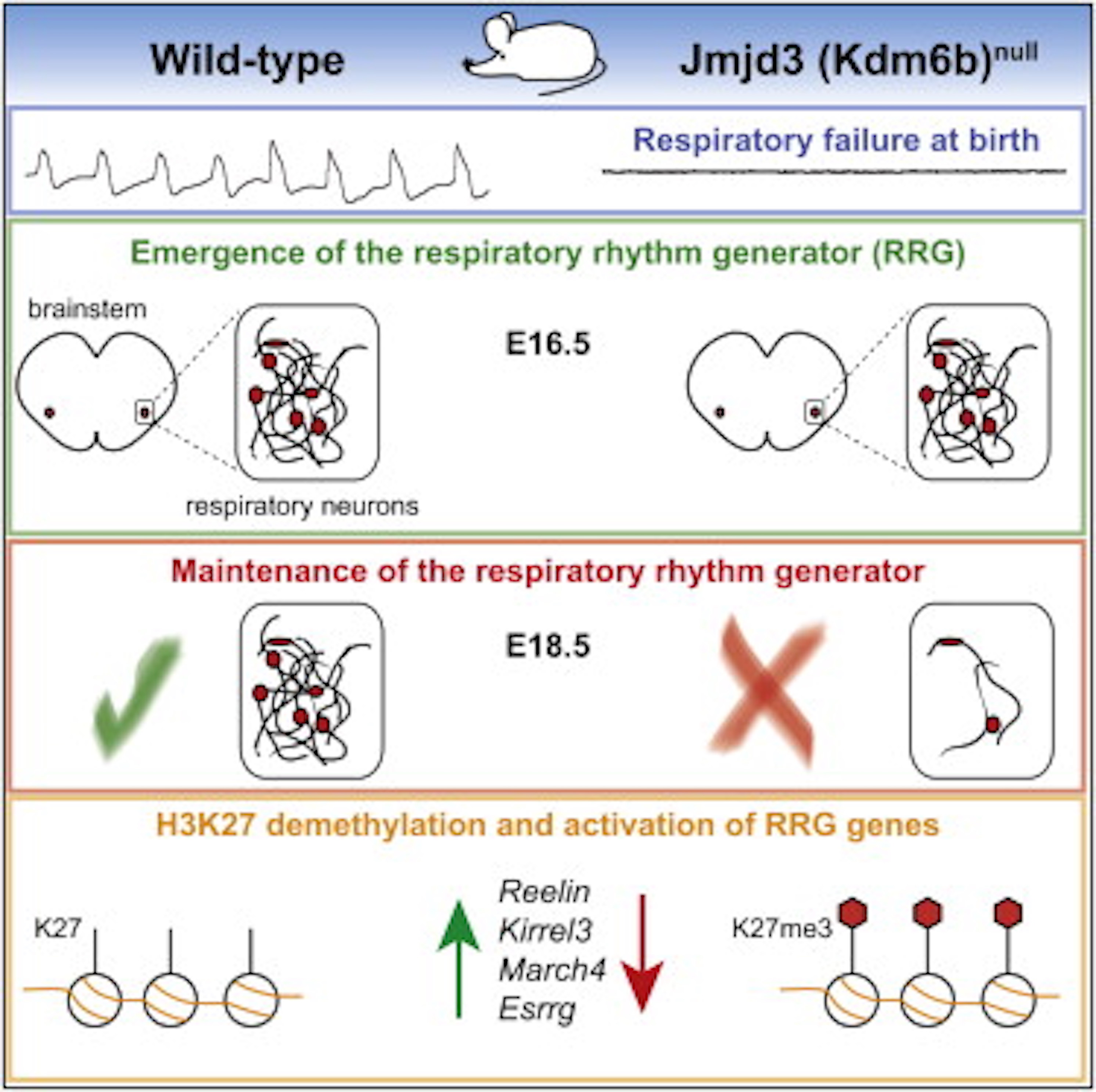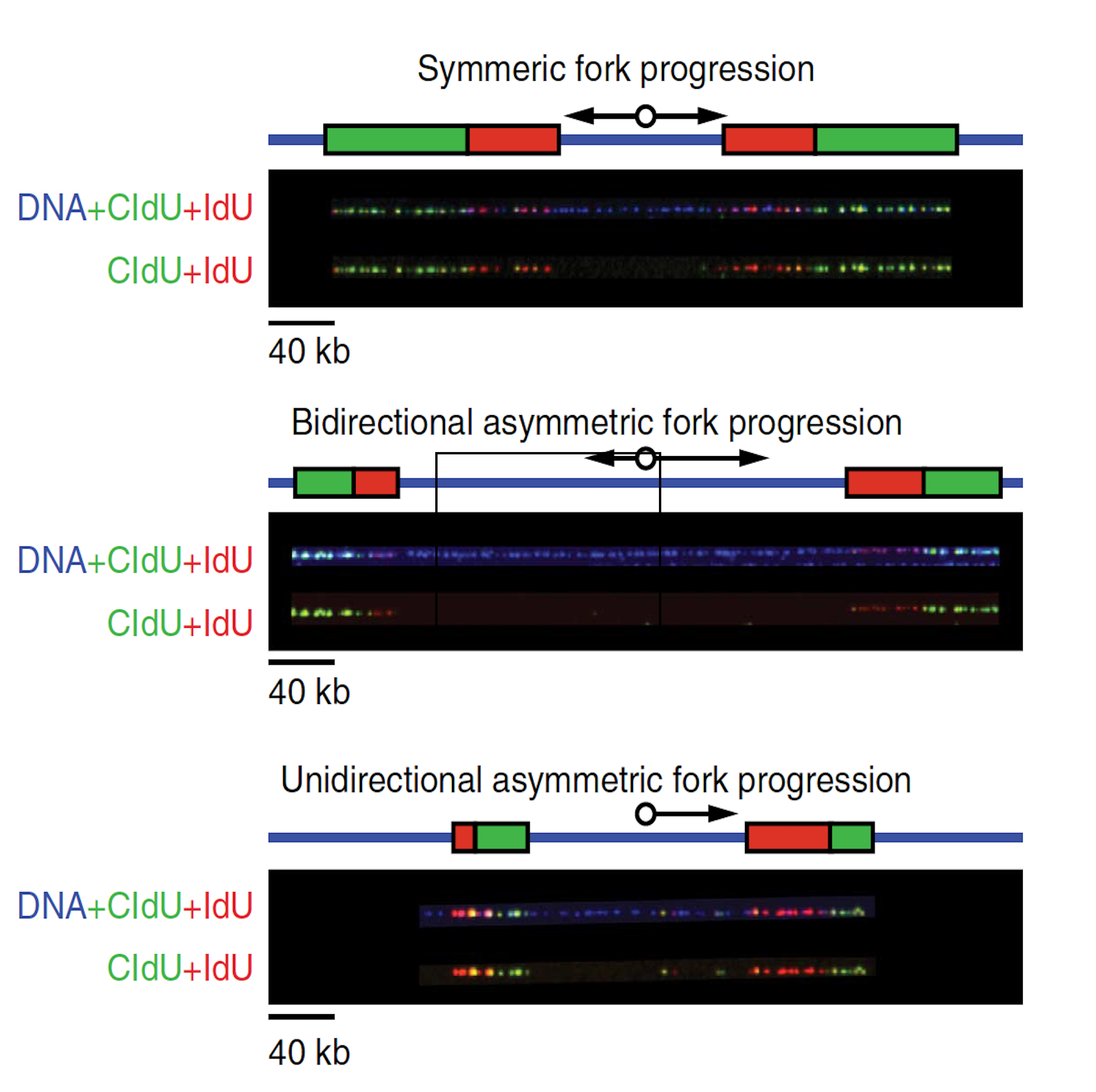Emerging evidence highlights the impossibility to ascribe the whole tumor heterogeneity merely to the genetic signature of tumor cells, hence making unfeasible to predict responses to existing therapies or prioritize the search for new and/or repurposed ones. Epigenetic control of cell identity is a frequent altered feature in tumor cells, making this research field progressively assuming a relevant role in cancer biology. In this field, DEO researchers have achieved important goals, unveiling the general mechanisms as well as specific targets and biomarkers exploitable from a therapeutic point of view.
Transcriptional and chromatin-mediated mechanisms controlling inflammatory gene expression and transcriptional mechanisms in cancer
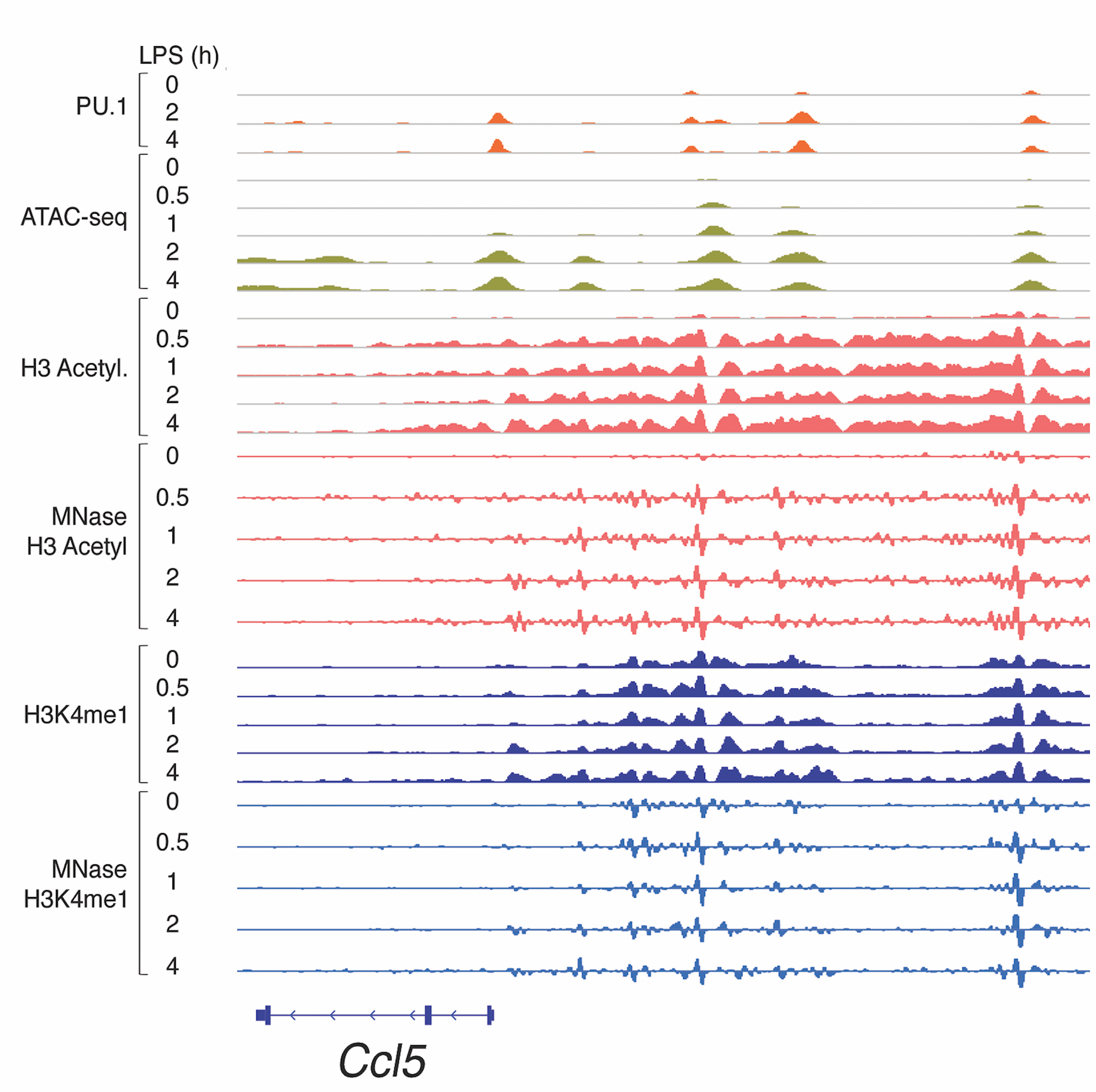
Cell 2007, 2012 and 2013; EMBO Journal 2009 and 2016; Immunity 2010 and 2012; Molecular Cell 2010, 2014 and 2015; PLoS Biology 2010; Genes & Development 2011 and 2015; Nature Reviews Immunology 2011 and 2017; Annual Review of Genetics 2012; PNAS 2012; Nature Immunology 2013, 2016 and 2017; Trends in Immunology 2015.
Elucidation of the role of the Polycomb 31 family of chromatin regulators in brain tumor formation (gliomagenesis) and cell reprogramming
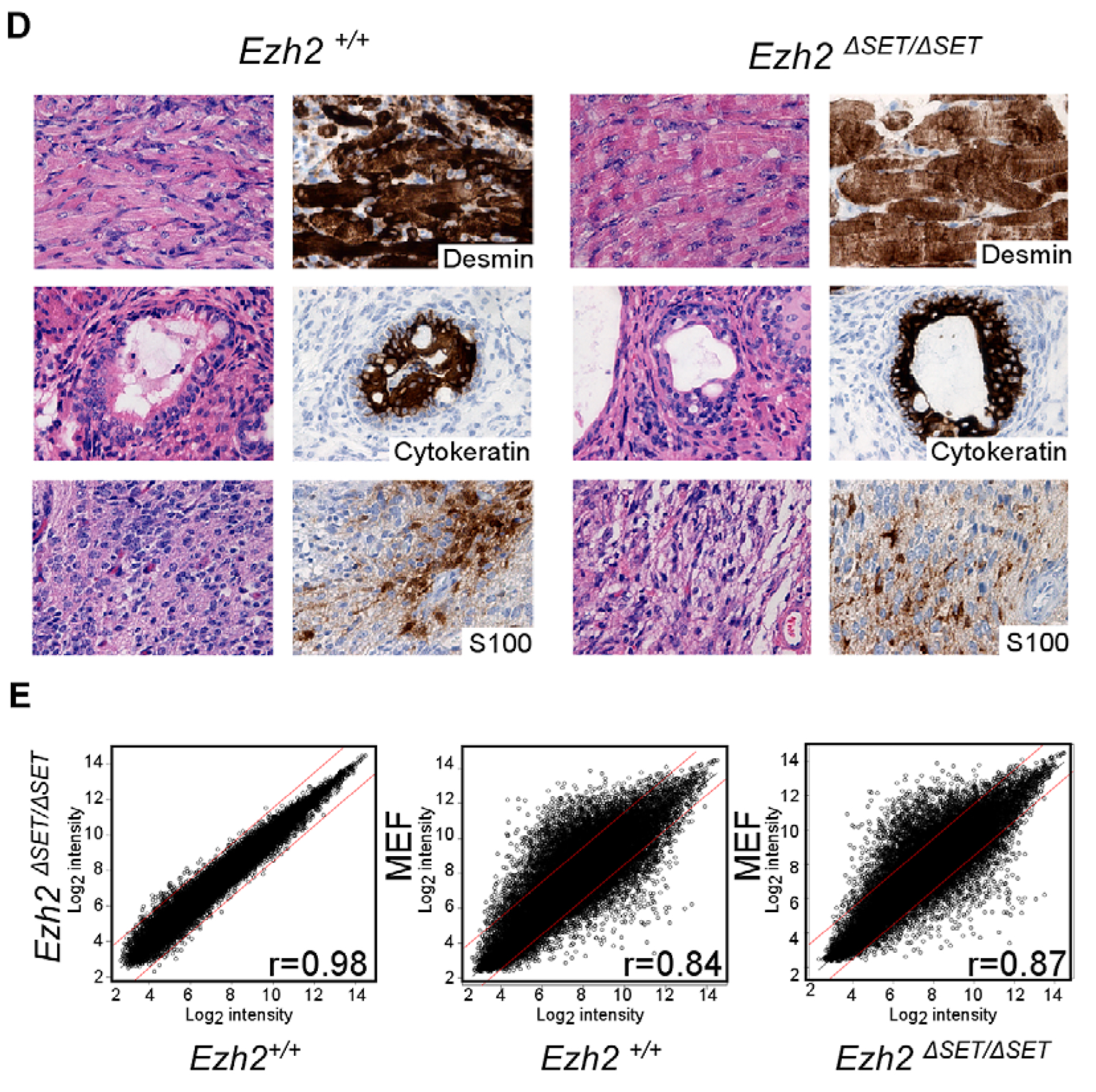
Oncogenic WNT Signalling is Sustained by Polycomb Activity in Intestinal Tumours
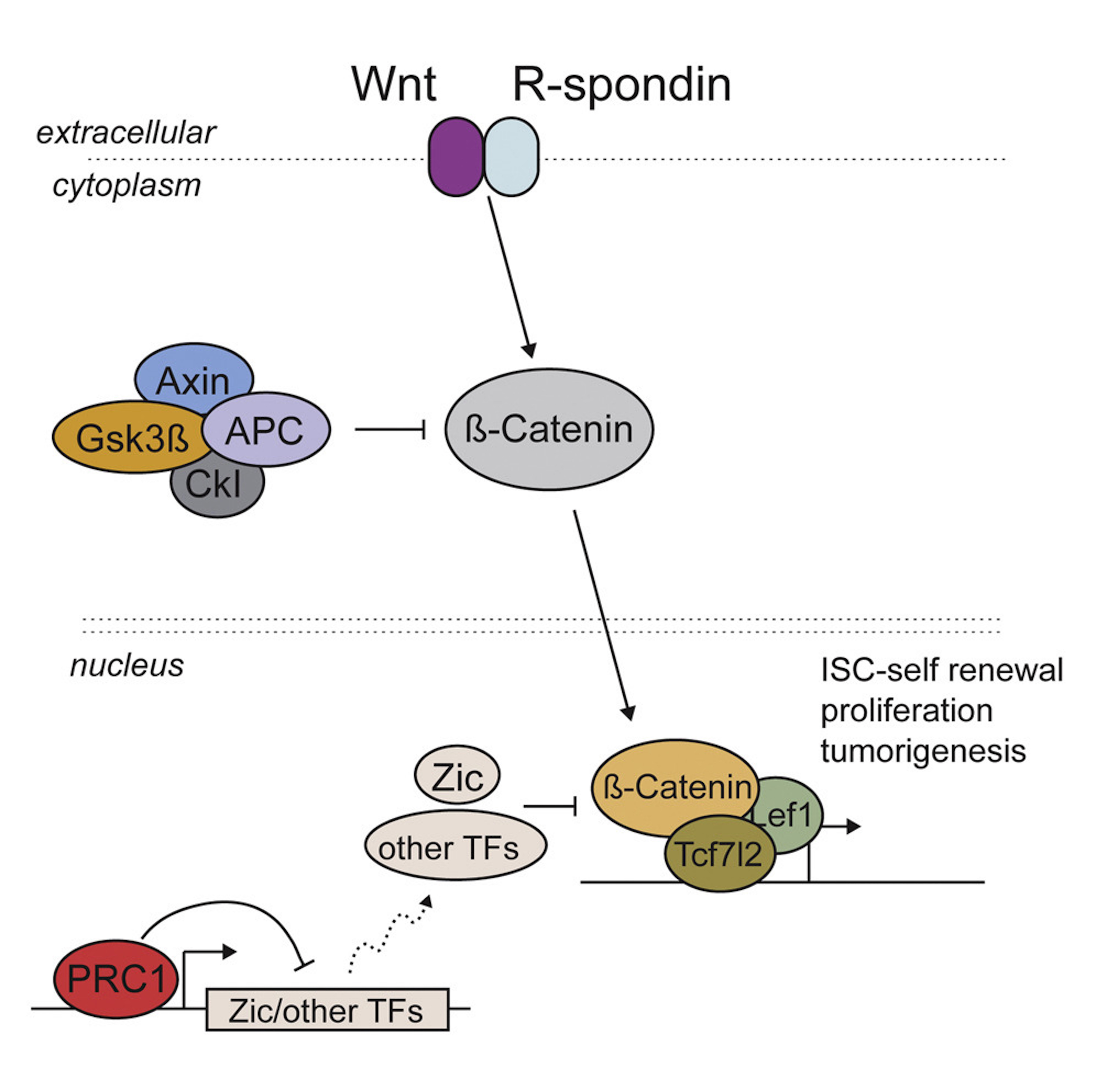
Repressive Epigenetic Mark Preserves Undifferentiated Identity of Leukemic Cells
